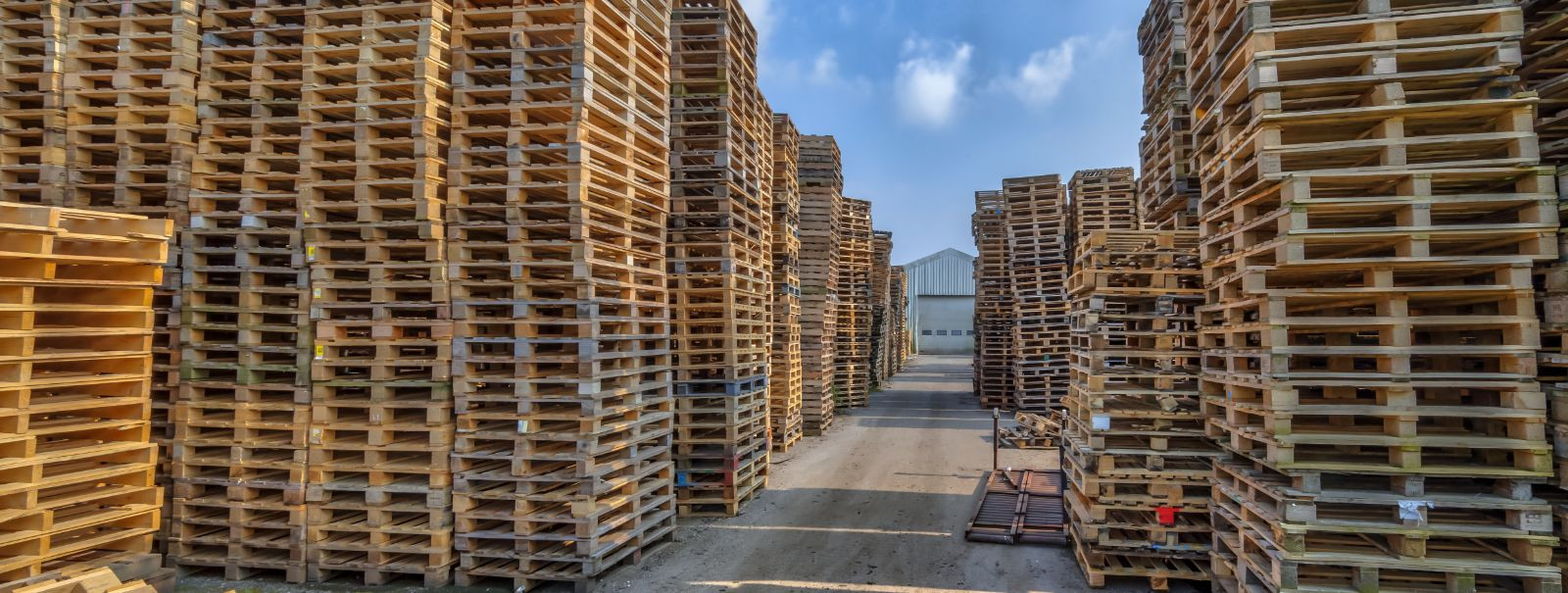5 ways wooden pallets can boost your logistics efficiency
Pallets are the unsung heroes of the logistics industry, serving as the foundation for the storage and transportation of goods. They provide a stable platform for products, ensuring they can be moved safely and efficiently throughout the supply chain.
While pallets can be made from various materials, wooden pallets offer unique advantages that can significantly enhance logistics efficiency. Their natural strength, versatility, and cost-effectiveness make them a preferred choice for many businesses.
1. Durability and Reusability
Wooden pallets are renowned for their robustness, capable of withstanding the rigors of heavy loads and frequent use. This durability ensures they can be reused multiple times, reducing the need for constant replacement and contributing to a more efficient logistics process.
Unlike plastic or metal pallets, wooden pallets can be easily repaired if damaged. This means they can be quickly restored to full functionality, minimizing downtime and maintaining the flow of goods.
2. Cost-Effectiveness
The upfront cost of wooden pallets is often lower than that of alternative materials. Additionally, their reusability and ease of repair can lead to significant long-term savings, making them a cost-effective solution for logistics operations.
When compared to plastic or metal pallets, wooden pallets not only cost less but also offer a better return on investment due to their longevity and repairability.
3. Enhanced Load Stability
Wooden pallets are designed with features such as strong decking boards and stringers that provide excellent load stability. This reduces the risk of product damage during transit and handling, leading to more reliable deliveries.
Stable loads mean fewer accidents and less product loss, which translates to more efficient operations and reduced costs for logistics companies.
4. Standardization and Compatibility
Wooden pallets often come in standardized sizes, which simplifies warehousing, stacking, and transportation. This standardization ensures compatibility with a wide range of handling equipment, such as forklifts and pallet jacks, streamlining the logistics process.
The use of standardized wooden pallets means they can easily integrate with existing logistics infrastructure, reducing the need for specialized equipment or adjustments to warehousing layouts.
5. Environmental Sustainability
Wood is a renewable resource, and wooden pallets align with eco-friendly practices by being recyclable and biodegradable. This aspect of sustainability is increasingly important to businesses looking to reduce their environmental impact.
At the end of their lifecycle, wooden pallets can be recycled into mulch, particleboard, or even upcycled into furniture, contributing to a circular economy and further enhancing their environmental credentials.






Comments (0)